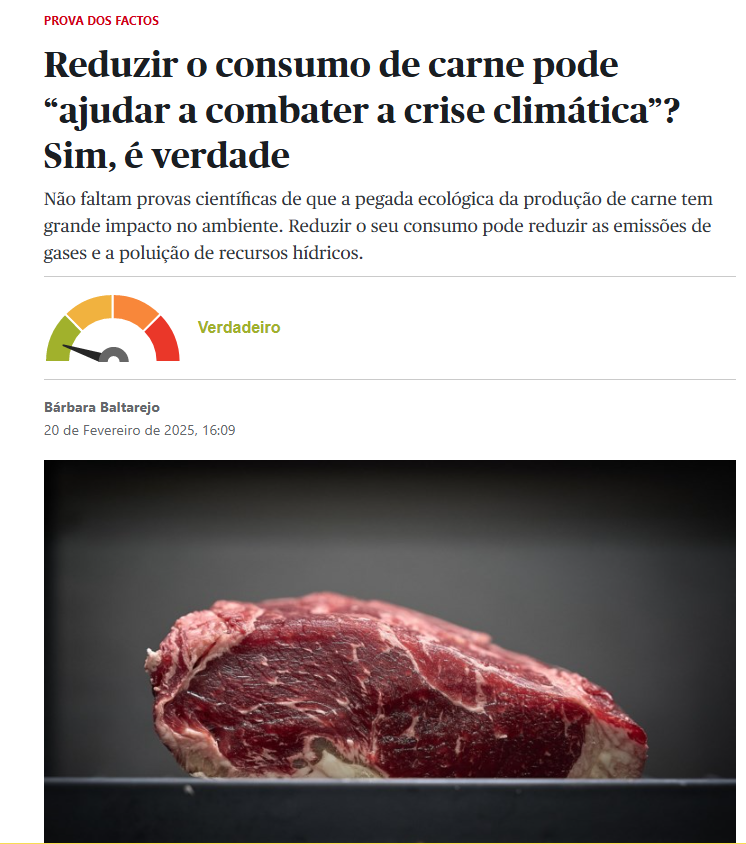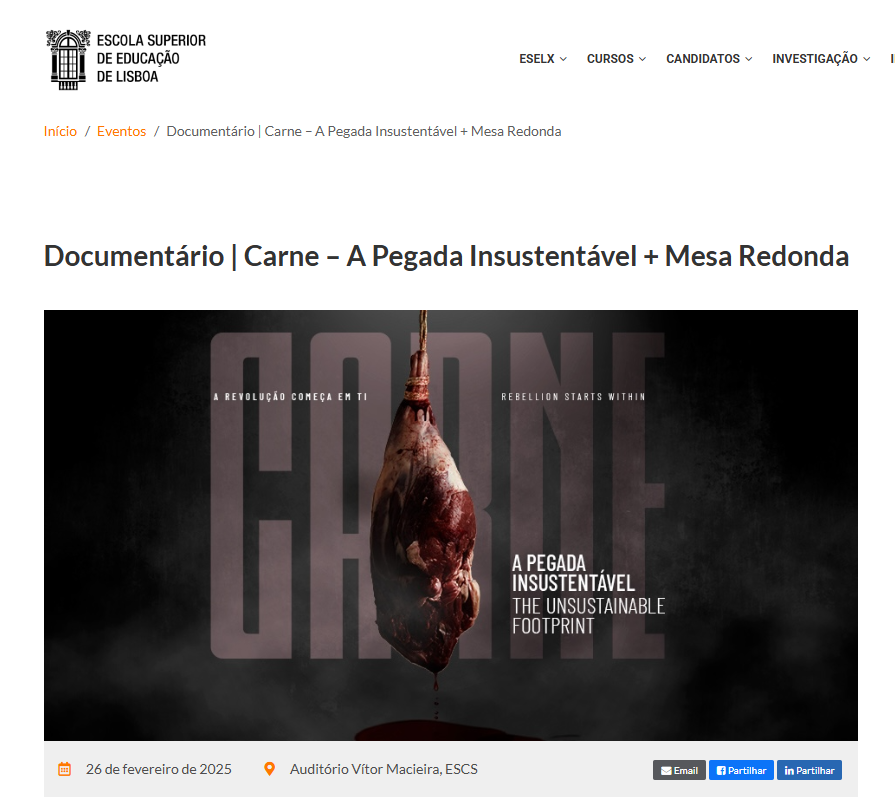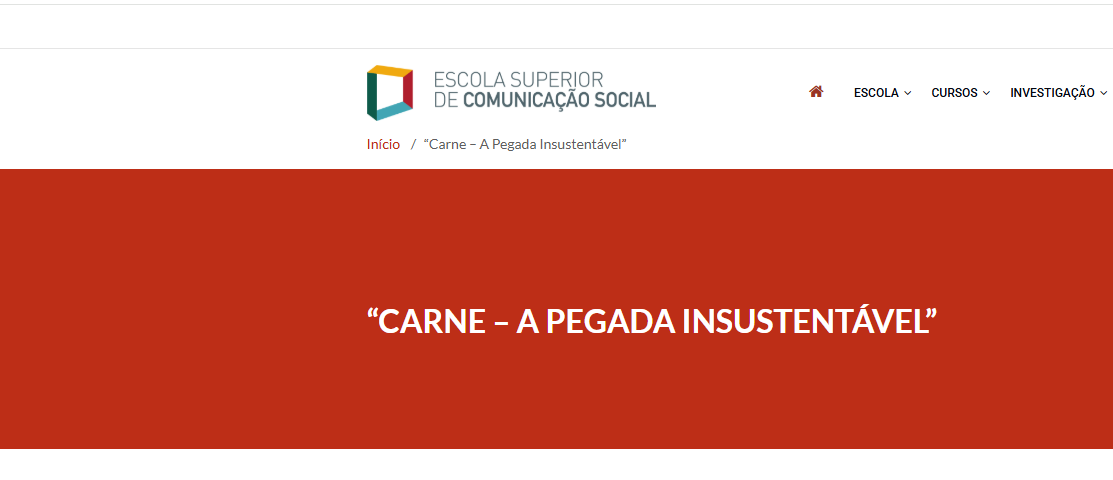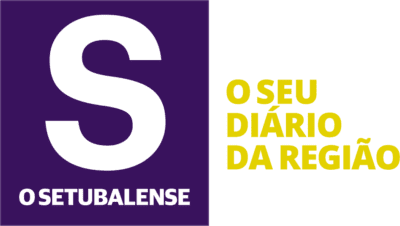
Pappers Politique: 'Risk of over-certification and greenwashing in agri-food products'
Question écrite deFrancisco Guerreiro- Commission européenne
Question de Francisco Guerreiro
Diffusée le 31 mars 2021
Subject: Risk of over-certification and greenwashing in agri-food products
Most of the fruit sold in EU supermarkets carries certification labels issued by private bodies such as the Rainforest Alliance.
These certifications are ‘voluntary’, but in practice they have become ‘compulsory’ because retailers claim that they are needed for marketing purposes.
The proliferation of multiple labels has led to the current over-certification of the market, with the consequent risk of greenwashing.
Despite the 2010 Commission communication on guidelines for voluntary certification schemes for agricultural products and foodstuffs1, there is no regulatory framework indicating what criteria must be met for a product to be considered environmentally sustainable. It is the certification agencies, private agents, companies, or self-governed non-governmental organisations who sell the certifications.
1. Is the Commission considering moving forward with binding measures based on the guidelines of the 2010 communication?
2. How can it prevent greenwashing by guaranteeing consumer rights and avoiding possible fraud among certifiers?
1 https://eur-lex.europa.eu/LexUriServ/LexUriServ.do?uri=OJ:C:2010:341:0005:0011:en:PDF
Réponse - Commission européenne
Diffusée le 11 juillet 2021
Answer given by Ms Kyriakides on behalf of the European Commission
(12 July 2021)
Regulation (EU) No 1169/2011 (2) provides that food information to consumers shall not be misleading particularly as to the characteristics of the food, ambiguous or confusing and, where appropriate, be based on scientific data.
In the context of the Farm to Fork Strategy (3), the Commission will propose a sustainable food-labelling framework, as well as a code of conduct for responsible business and marketing practices and a proposal for a framework legislation on sustainable food systems.
Moreover, in the context of the Circular Economy Action Plan (4) and the New Consumer Agenda (5), the Commission is currently working on legislative proposals on substantiating green claims (6) and empowering consumers during the green transition (7).
All these initiatives aim to contribute to further frame sustainability-related certification schemes and consumer information and will be supported by an impact assessment in line with the Better Regulation guidelines.
⋅1∙ https://eur-lex.europa.eu/LexUriServ/LexUriServ.do?uri=OJ:C:2010:341:0005:0011:en:PDF
⋅2∙ Articles 7 and 36 of Regulation (EU) No 1169/2011 of the European Parliament and of the Council of 25 October 2011 on the provision of food information to
consumers, OJ L 304 22.11.2011, p. 18.
⋅3∙ https://eur-lex.europa.eu/resource.html?uri=cellar:ea0f9f73-9ab2-11ea-9d2d-01aa75ed71a1.0001.02/DOC_1&format=PDF
⋅4∙ COM(2020) 98 final
⋅5∙ COM(2020) 696 final
⋅6∙ https://ec.europa.eu/info/law/better-regulation/have-your-say/initiatives/12511-Environmental-performance-of-products-&-businesses-substantiating-claims_en
⋅7∙ https://ec.europa.eu/info/law/better-regulation/have-your-say/initiatives/12467-Consumer-policy-strengthening-the-role-of-consumers-in-the-green-transition_en
Lê a notíciaa aqui










Público: 'Prova dos factos'
Quinta-feira, 20 de Fevereiro de 2025
LER MAIS